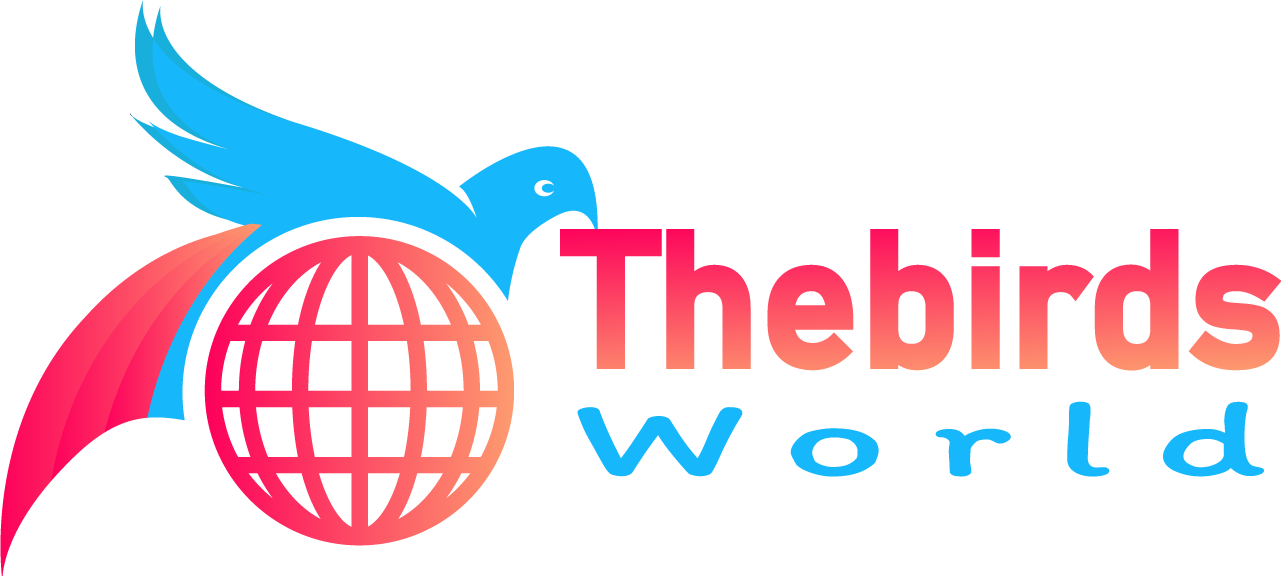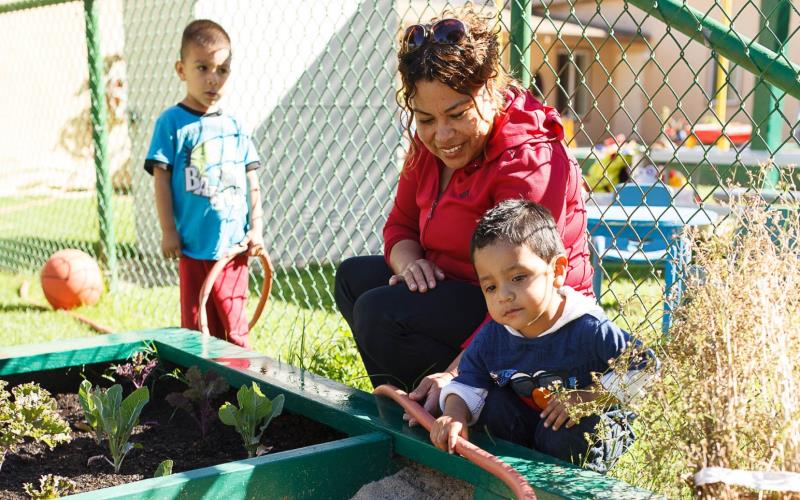Introduction: Nurturing the Seeds of Early Development
The early years of a child’s life are like a garden in bloom – full of potential, growth, and vibrant colors. Just as a gardener nurtures their garden, so must parents and educators cultivate the fertile soil of early childhood to ensure healthy development. This exploration delves into the various aspects of nurturing early development, focusing on holistic growth.
The Landscape of Early Learning
In the heart of this developmental garden settings like early learning Chatswood provide the perfect environment for young minds to thrive. These early learning centers emphasize a balanced approach, integrating play, education, and social interaction to foster well-rounded development. Just as a diverse garden boasts a variety of flowers, these centers cater to the varied needs of every child, ensuring that each one gets the right nutrients to grow.
Physical Growth: Building the Foundation
Physical development in early childhood lays the foundation for future health and abilities. Activities that promote motor skills, like climbing, running, and playing with different textures, are essential. These activities not only build strength and coordination but also encourage children to explore and interact with their environment.
Cognitive Development: Cultivating Curiosity and Intelligence
Cognitive development involves nurturing the child’s curiosity, problem-solving skills, and understanding of the world. Engaging activities like puzzles, imaginative play, and simple science experiments encourage cognitive growth. Educators and parents can stimulate this development by providing challenges that are just right for the child’s age and stage of development.
Emotional and Social Development: Planting the Seeds of Empathy and Cooperation
Emotional and social development is crucial in early childhood. This growth can be fostered through group activities, sharing sessions, and guided play. By interacting with peers and adults in a supportive environment, children learn important skills like empathy, cooperation, and communication.
Language and Communication: The Roots of Expression
Language and communication skills are fundamental in early development. Reading stories, singing songs, and engaging in conversations with children help plant the seeds of language skills. These activities enrich a child’s vocabulary, enhance their listening skills, and provide them with various ways to express their thoughts and emotions.
Creative Arts: Coloring the Garden of Imagination
Creative arts play a pivotal role in early childhood development. Activities like drawing, painting, and role-playing not only provide an outlet for self-expression but also enhance fine motor skills and creativity. Through the arts, children can explore different mediums and methods of expression, enriching their imaginative capabilities.
Outdoor Play: Growing in the Sunshine of Experience
Outdoor play is essential for children’s development. It offers opportunities for physical activity, exploration, and learning about the natural world. Activities like gardening, nature walks, and playground play stimulate a child’s senses and foster a love and respect for the environment.
Technology Integration: Modern Tools in the Developmental Garden
In the digital age, integrating technology in a balanced way can enhance early development. Interactive educational apps, digital storytelling, and age-appropriate computer games can complement traditional learning methods. However, it’s important to ensure that technology does not replace physical play or face-to-face interactions.
The Role of Nutrition: Feeding the Young Mind and Body
Just like a garden needs the right nutrients to grow, so do young children. A balanced diet rich in essential vitamins and minerals is crucial for physical and cognitive development. Educators and parents should pay attention to providing nutritious meals and snacks that cater to a child’s growing needs.
Parent and Educator Involvement: The Gardeners of Childhood
The involvement of parents and educators is crucial in the early stages of development. By working together, they can ensure that the child receives consistent support and guidance. Regular communication, involvement in activities, and understanding the individual needs of each child are key components of effective cultivation in this developmental garden.
Celebrating Each Milestone in the Garden of Childhood
Every stage of early development is a milestone to be celebrated. As parents and educators, it’s important to recognize and cherish each step in a child’s growth. Celebrating these achievements nurtures a child’s self-esteem and encourages them to embrace the joy of learning and discovery.
Embracing the Journey: The Continuous Path of Early Development
The journey of early childhood development is a continuous path filled with discovery, learning, and growth. By understanding and supporting the various aspects of this development, we can cultivate a generation of well-rounded, healthy, and happy individuals. Just like a well-tended garden, children nurtured with care, love, and the right resources will grow into flourishing individuals with the potential to make their unique mark on the world.


